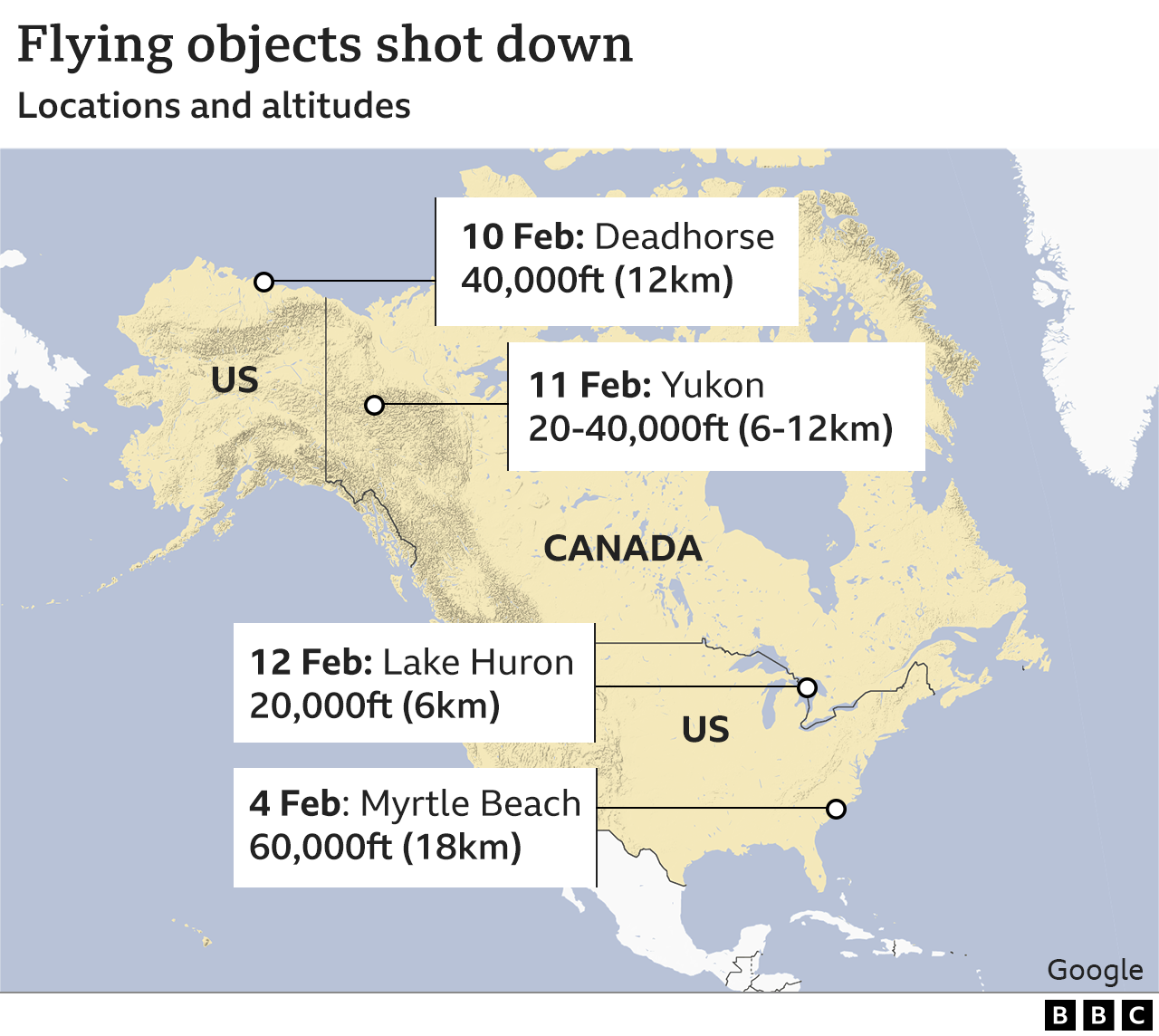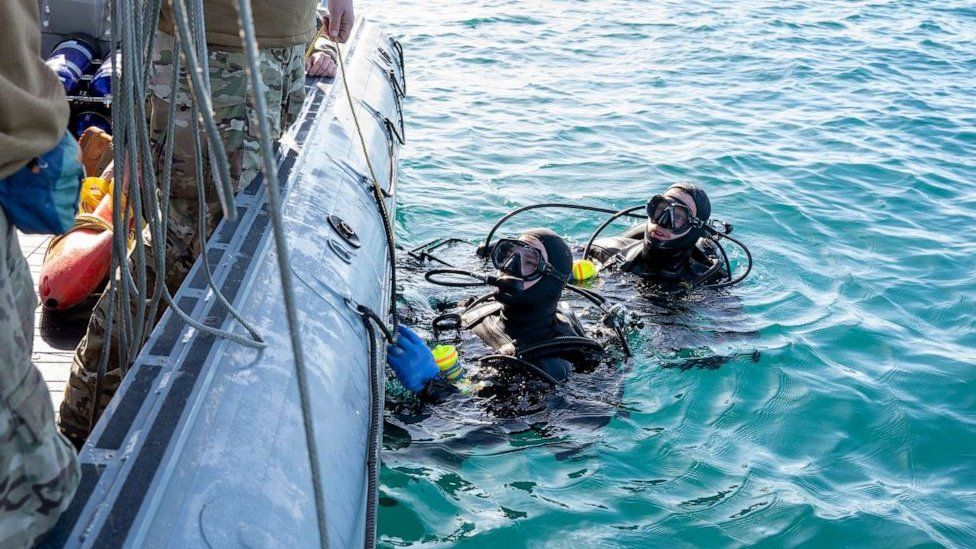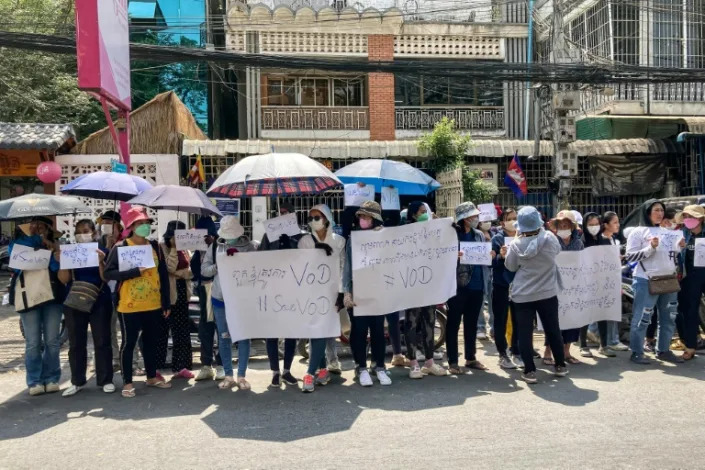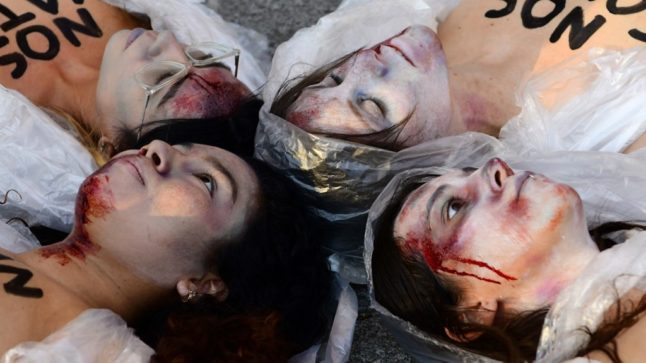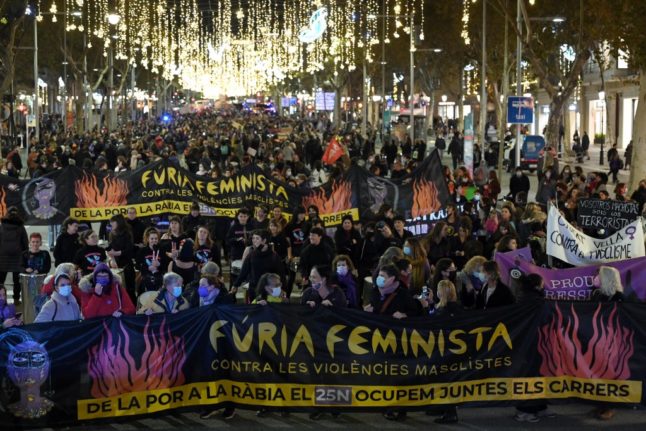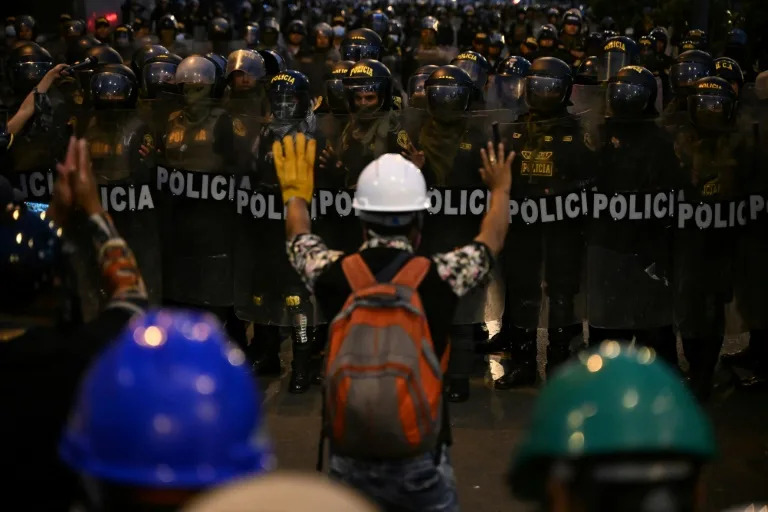Issued on: 14/02/2023
Bucharest (AFP) – The arrest of controversial online influencer Andrew Tate for alleged rape and human trafficking in Romania has shone a spotlight on the country's burgeoning sexcam industry.
Within a decade it has ballooned from a niche activity to one of the world's biggest purveyors of virtual sex, with an estimated 500 studios popping up across the poor Eastern European country.
But the industry fears the investigation into claims that Tate -- a notorious misogynist -- and his brother Tristan forced women into prostitution and sexcamming will tarnish their reputation.
Romanian sexcam operaters told AFP that they had no idea that the British-American kickboxer -- who claims to have made millions from sexcamming -- had a studio until the "scandal" broke.
"The Tate brothers are not known in the industry and have never participated in industry events," said Maria Boroghina, a manager at Best Studios, one of Romania's biggest sexcam operators.
A former camgirl herself, Boroghina is proud of her slick operation which takes up a whole floor of a glitzy glass building in central Bucharest.
"This job offers you the opportunity to earn big" from your early twenties, she said as young women in bathrobes stopped for coffee after several hours in front of the camera.
$8,000 a month
Boroghina said they had 160 women on their books. "The average monthly after-tax salary of our camgirls is $8,000 (7,500 euros)," about 10 times the average Romanian salary.
"Everything is transparent and legal," she added. "The girls work under contract and receive between 50 to 90 percent of the money" they make for the studio, she added.
Clients pay between $2 and $10 per minute "for a private conversation with the girls", who broadcast up to eight hours or more a day.
Romania's startling success in the sexcam business has been driven by several factors, Boroghina argued.
"Romanian women are beautiful and smart, they speak very good English and we have good internet speeds," she told AFP.
Even though the industry is legal, it is neither regulated under Romanian law nor recognised in terms of taxation, forcing the women to work as "online service providers" based on a copyright contract.
While the Romanian industry insists that all is above board, Fabrizio Sarrica of the United Nations Office on Drugs and Crime said "worldwide we have seen an increasing number of (trafficked) victims that have been recruited to work behind the camera.
"It's highly profitable" for criminals because a large number of "clients from all over the world" have access and the "images can be used multiple times, and sold on the darknet," he added.
'This is not fair'
But defenders of the industry like Boroghina and Ruxandra Tataru, an organiser of a sexcam industry event called the Bucharest Summit, said they would welcome regulation.
Sexually explicit content "only represents five percent of the work", Boroghina insisted, saying Romanians cannot access Best Studios sexcams to protect the women's privacy.
"Training is what allows a girl to earn money by keeping her clothes on for as long as possible," she said.
Tataru argued that platforms like TikTok and OnlyFans have helped to remove "the stigma around this activity".
"Romanian women represent 40 percent of the videochat industry worldwide," said Anastasia, a 33-year-old former camgirl, who is the "models' representative" at another Bucharest studio, Models4Models.
The studio's head of marketing, Alexandra, who declined to give her full name, said it was "unjust that from a scandal like this people think that Andrew Tate represents the videochat industry. This is not fair."
Tate 36, denies all wrongdoing and claims there is no evidence against him.
However, Boroghina said the scandal could end up being positive if it pushed politicians to better regulate the expanding business.
"There is no bad publicity and I believe this case helps to put the industry back into the spotlight, as an opportunity to educate people," she said.
© 2023 AFP





 An autonomous Zoox car during a test drive through Lombard Street in San Francisco, California, in October. Photograph: Anadolu Agency/Getty Images
An autonomous Zoox car during a test drive through Lombard Street in San Francisco, California, in October. Photograph: Anadolu Agency/Getty Images







